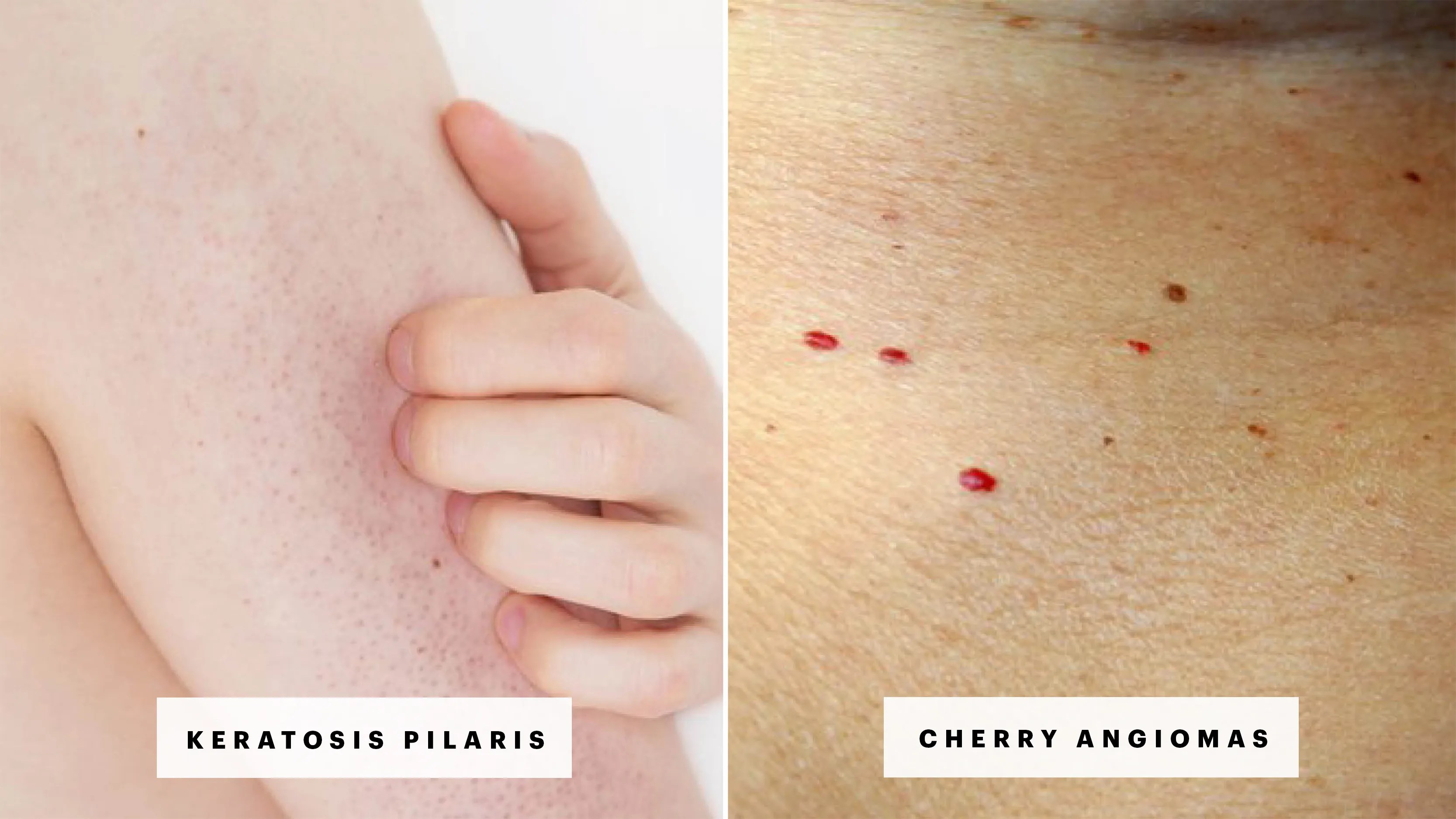Decoding Red Itchy Skin Patches: Causes and Solutions
Ever find yourself scratching at an annoying red patch on your skin? It's a common travel woe, whether you're trekking through a jungle or simply relaxing on a beach. Figuring out what’s causing that itch can be tricky. Let’s dive into the mystery of those irritating red, itchy patches and how to deal with them.
Red, itchy patches on the skin can be triggered by a laundry list of things, from simple dry skin to more complex issues like eczema. Understanding the root of the problem is key to finding relief. Skin irritation is a universal human experience, and while it’s rarely life-threatening, it can definitely put a damper on your adventures.
The reasons behind these itchy patches are as diverse as the people who experience them. Environmental factors like heat, humidity, and exposure to certain plants can be culprits. Your own internal system plays a role too. Allergies to food, medications, or even fabrics can manifest as red, itchy skin.
The history of understanding skin conditions has evolved significantly. While ancient civilizations often attributed skin problems to supernatural forces, modern medicine recognizes the complex interplay of genetics, environment, and immune responses. This understanding allows us to develop more targeted and effective treatments.
Itchy red patches aren't just an aesthetic concern. They can signal underlying health conditions and, if left untreated, can lead to secondary infections due to excessive scratching. Recognizing the cause is crucial for proper management and prevention.
Eczema, also known as atopic dermatitis, is a common cause of red, itchy, and inflamed skin. Psoriasis, another chronic condition, can cause thick, scaly, reddish patches. Contact dermatitis occurs when the skin comes into contact with an irritant, like poison ivy, or an allergen, such as nickel. Insect bites, from mosquitoes to bed bugs, can also result in itchy welts.
While pinpointing the exact cause can be tricky, recognizing the patterns of your itchy patches is a helpful first step. For instance, if the itchiness appears after using a new laundry detergent, it’s likely contact dermatitis. If the patches are dry and scaly, especially during winter, dry skin or eczema might be the culprit.
Understanding the causes can empower you to take control of your skin health. Knowing what triggers your itchy patches allows you to avoid those triggers, whether it's a particular food, fabric, or environment. This knowledge can prevent future outbreaks and save you from discomfort and frustration.
If your itchy patches are persistent or severe, consult a dermatologist. They can accurately diagnose the condition and recommend appropriate treatment, which might range from over-the-counter creams to prescription medications.
Advantages and Disadvantages of Knowing the Causes of Red, Itchy Patches
| Advantages | Disadvantages |
|---|---|
| Targeted treatment | Self-diagnosis can be inaccurate |
| Prevention of future outbreaks | May cause unnecessary worry |
| Improved quality of life | Some conditions require specialized testing |
Here are some frequently asked questions about red, itchy patches on the skin:
1. What are the common causes? Various factors like eczema, psoriasis, allergies, and insect bites.
2. When should I see a doctor? If the itch is severe, persistent, or accompanied by other symptoms like fever.
3. Can stress cause itchy skin? Yes, stress can exacerbate existing skin conditions and make itching worse.
4. Are there home remedies for itchy skin? Cool compresses, oatmeal baths, and moisturizing lotions can provide temporary relief.
5. How can I prevent itchy patches? Avoid known triggers, moisturize regularly, and manage stress levels.
6. Is itching contagious? Itching itself is not contagious, but some underlying skin conditions, like fungal infections, can be.
7. What are some over-the-counter treatments? Hydrocortisone cream and antihistamines can help relieve itching.
8. Can diet affect itchy skin? Certain foods can trigger allergic reactions that manifest as itchy skin.
One useful tip is to keep a journal of your itchy episodes, noting when they occur, what you were doing, and what you ate. This can help you identify potential triggers.
In conclusion, understanding the causes of red, itchy patches on your skin is essential for effective management and prevention. While many causes are relatively harmless and can be treated with simple remedies, persistent or severe itching warrants a visit to a dermatologist. By paying attention to your body and seeking appropriate care, you can keep your skin healthy and enjoy your adventures itch-free. Taking proactive steps to address skin irritation can greatly enhance your overall well-being and allow you to focus on exploring the world around you. Don't let itchy skin hold you back! Consult with a healthcare professional for accurate diagnosis and personalized treatment options. Your skin will thank you for it.
Unlocking the elegance of farrow and ball stone paint
Remembering thomas e thompson exploring the significance of obituaries
Decoding ap physics lab reports your guide to success














